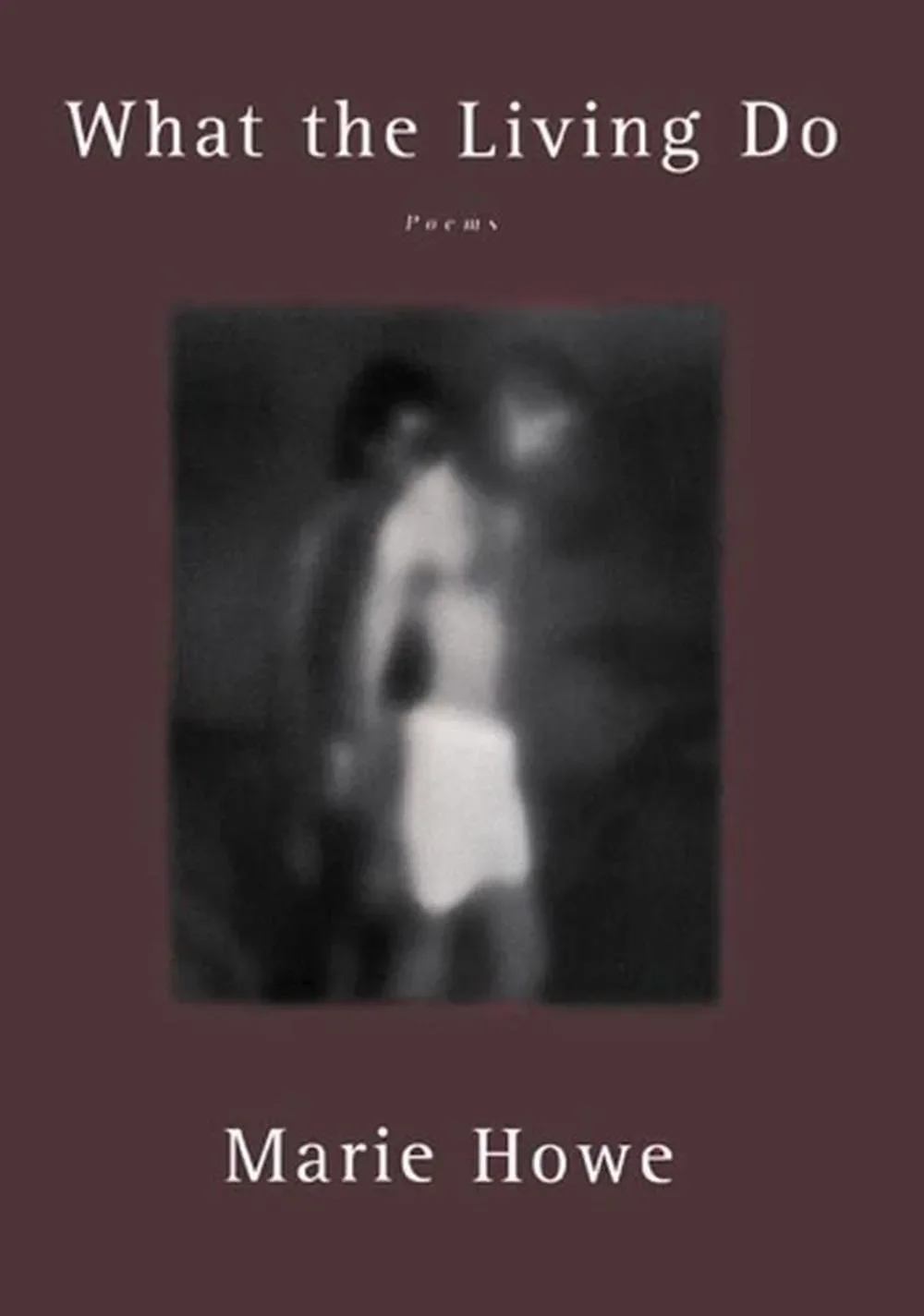New and Selected (2024)
Characterized by “a radical simplicity and seriousness of purpose, along with a fearless interest in autobiography and its tragedies and redemptions” (Matthew Zapruder, New York Times Magazine), Marie Howe’s poetry transforms penetrating observations of everyday life into sacred, humane miracles. This essential volume draws from each of Howe’s four previous collections―including What the Living Do (1997), a haunting archive of personal loss, and the National Book Award–longlisted Magdalene (2017), a spiritual and sensual exploration of contemporary womanhood―and contains twenty new poems. Whether speaking in the voice of the goddess Persephone or thinking about aging while walking the dog, Howe is “a light-bearer, an extraordinary poet of our human sorrow and ordinary joy” (Dorianne Laux).
What the Living Do (1999)
Informed by the death of a beloved brother, here are the stories of childhood, its thicket of sex and sorrow and joy, boys and girls growing into men and women, stories of a brother who in his dying could teach how to be most alive. What the Living Do reflects "a new form of confessional poetry, one shared to some degree by other women poets such as Sharon Olds and Jane Kenyon. Unlike the earlier confessional poetry of Plath, Lowell, Sexton et al., Howe's writing is not so much a moan or a shriek as a song. It is a genuinely feminine form… a poetry of intimacy, witness, honesty, and relation" (Boston Globe).
Magdalene (2017)
Magdalene imagines the biblical figure of Mary Magdalene as a woman who embodies the spiritual and sensual, alive in a contemporary landscape— hailing a cab, raising a child, listening to the news on the radio. Between facing the traumas of her past and navigating daily life, the narrator of Magdalene yearns for the guidance of her spiritual teacher, a Christ figure, whose death she continues to grieve. Erotic, spirited, and searching for meaning, she is a woman striving to be the subject of her own life, fully human and alive to the sacred in the mortal world.
The Good Thief (1988)
Selected by Margaret Atwood as a winner in the 1987 Open Competition of the National Poetry Series, this unique collection was the first sounding of a deeply authentic voice. Ms. Howe's early writings concern relationship, attachment, and loss, in a highly original search for personal transcendence. Many of the thirty-four poems in The Good Thief appeared in such prestigious journals and periodicals as The Atlantic, The American Poetry Review, Poetry, Ploughshares, The Agni Review, and The Partisan Review.
The Kingdom of Ordinary Time (2009)
Hurrying through errands, attending a dying mother, helping her own child down the playground slide, the speaker in these poems wonders: what is the difference between the self and the soul? The secular and the sacred? Where is the kingdom of heaven? And how does one live in Ordinary Time―during those apparently unmiraculous periods of everyday trouble and joy?



